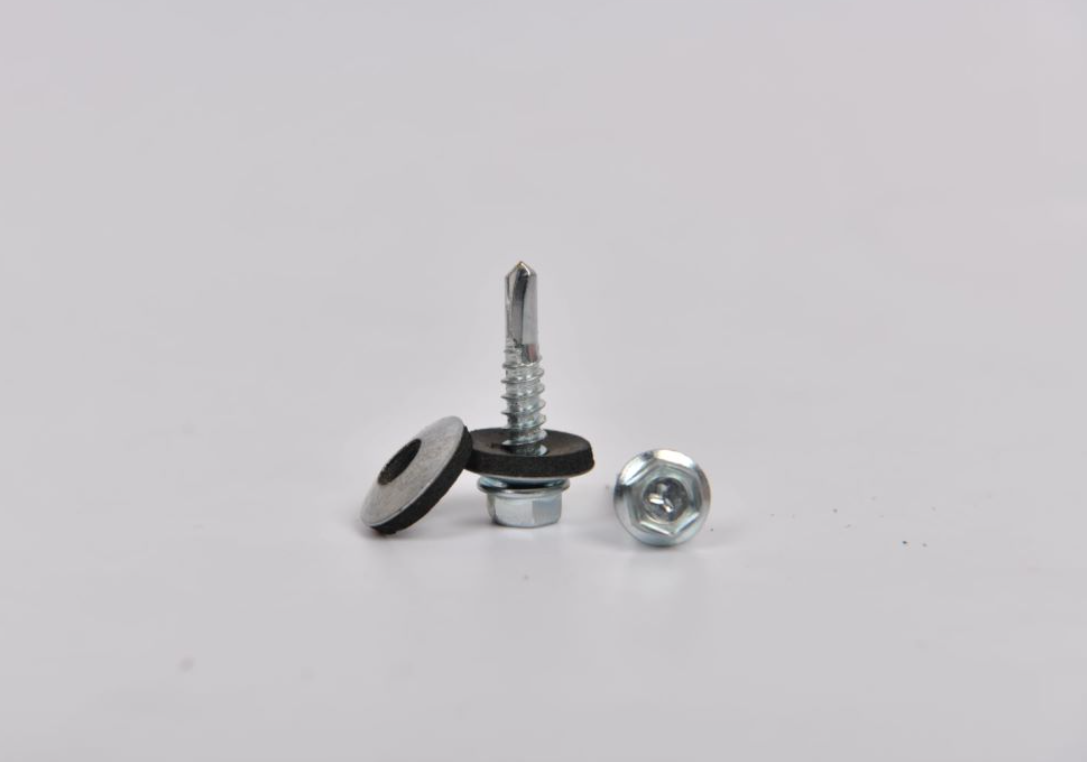Feb . 15, 2025 17:43
Back to list
FLAT WASHER
When selecting washers for a particular application, understanding the differences between beveled washers and flat washers is crucial. These small, often overlooked components play a significant role in maintaining the integrity of bolted connections. The choice between beveled and flat washers can influence the performance, safety, and longevity of the entire assembly.
The installation process also varies between these two types of washers. Beveled washers require careful alignment to ensure that the angle of the washer matches that of the mating surfaces. This precision is crucial to achieving optimal load distribution. Flat washers, conversely, do not require such meticulous alignment, as their primary function is to provide a consistent bearing surface and distribute the load evenly across it. In terms of cost, flat washers are typically more economical due to their simpler manufacture and widespread availability. Beveled washers, being more specialized, may entail a higher cost, but this investment often pays off in applications where load distribution is critical for safety and performance. The decision of which washer to use ultimately depends on the specific requirements of the application, considering factors such as load, surface angle, material compatibility, and cost constraints. In conclusion, the choice between beveled washers and flat washers should be driven by the unique demands of the application. An understanding of the structural requirements, environmental conditions, and material properties is essential in making an informed decision. By selecting the appropriate washer type, engineers and manufacturers can ensure the longevity and safety of their designs, maintaining structural integrity and preventing costly failures. As with any essential component in engineering, consulting with a materials expert or structural engineer is advisable when making such decisions, to ensure that the chosen washer meets all the necessary performance criteria for the task at hand.


The installation process also varies between these two types of washers. Beveled washers require careful alignment to ensure that the angle of the washer matches that of the mating surfaces. This precision is crucial to achieving optimal load distribution. Flat washers, conversely, do not require such meticulous alignment, as their primary function is to provide a consistent bearing surface and distribute the load evenly across it. In terms of cost, flat washers are typically more economical due to their simpler manufacture and widespread availability. Beveled washers, being more specialized, may entail a higher cost, but this investment often pays off in applications where load distribution is critical for safety and performance. The decision of which washer to use ultimately depends on the specific requirements of the application, considering factors such as load, surface angle, material compatibility, and cost constraints. In conclusion, the choice between beveled washers and flat washers should be driven by the unique demands of the application. An understanding of the structural requirements, environmental conditions, and material properties is essential in making an informed decision. By selecting the appropriate washer type, engineers and manufacturers can ensure the longevity and safety of their designs, maintaining structural integrity and preventing costly failures. As with any essential component in engineering, consulting with a materials expert or structural engineer is advisable when making such decisions, to ensure that the chosen washer meets all the necessary performance criteria for the task at hand.
Next:
Prev:
Latest news
-
Top Choices for Plasterboard FixingNewsDec.26,2024
-
The Versatility of Specialty WashersNewsDec.26,2024
-
Secure Your ProjectsNewsDec.26,2024
-
Essential Screws for Chipboard Flooring ProjectsNewsDec.26,2024
-
Choosing the Right Drywall ScrewsNewsDec.26,2024
-
Black Phosphate Screws for Superior PerformanceNewsDec.26,2024
-
The Versatile Choice of Nylon Flat Washers for Your NeedsNewsDec.18,2024
Related News










